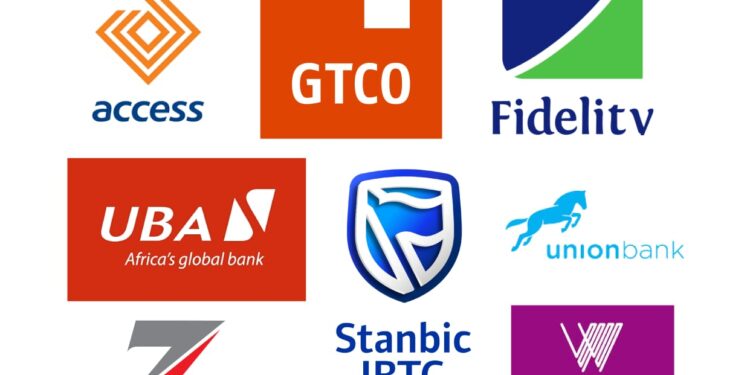As the cash scarcity intensifies across Nigeria, several banks have instituted withdrawal limits for customers, further exacerbating the challenges faced by individuals seeking access to cash through Automated Teller Machines (ATMs) and banks nationwide.
Reports indicate that most banks are now restricting daily withdrawals from personal accounts to a maximum of N20,000. This new development has left many Nigerians struggling to obtain cash for their daily transactions.
The scarcity of cash in banks comes despite data from the Central Bank of Nigeria (CBN) showing an increase in money circulation. This disparity between the reported increase in money supply and the limited availability of cash in banks has raised concerns among consumers and industry experts alike.
According to statements from bank employees who spoke on condition of anonymity, the decision to enforce cash restriction policies stemmed from shortages in funds. They cited directives from the CBN as the basis for implementing these measures, indicating a broader strategy aimed at managing the available cash reserves.
In some instances, banks have reportedly failed to replenish ATMs for several days due to cash rationing plans. This has forced customers to seek alternative means, such as Point of Sale (PoS) operators, to withdraw money for their everyday transactions.
The impact of these restrictions on consumers is significant, with many expressing frustration over the inconvenience caused by limited access to cash. Some individuals shared their experiences of being unable to withdraw more than a specified amount from ATMs, prompting them to visit bank counters for larger withdrawals.
Financial analysts have weighed in on the situation, suggesting that banks may be hoarding cash to sell to PoS operators, thereby exacerbating the scarcity of physical currency in circulation. While cash rationing measures are intended to address monetary tightening conditions, they raise concerns about their impact on financial inclusion and consumer confidence in the banking system.
In light of these developments, stakeholders are calling on regulatory authorities to intervene and implement measures to address the cash scarcity effectively. The situation underscores the need for collaborative efforts to ensure the stability of Nigeria’s financial ecosystem and support economic growth.
Meanwhile, concerns about cybercrime targeting Nigerian banks have also surfaced, with reports indicating significant financial losses attributed to internet fraud. The chairman of the Economic and Financial Crimes Commission (EFCC) highlighted the detrimental impact of cybercrime on businesses and the nation’s ability to attract foreign investment, emphasizing the importance of addressing these challenges effectively.
As the cash scarcity persists and concerns about cybersecurity mount, stakeholders are urged to work together to safeguard the integrity of Nigeria’s financial sector and protect the interests of consumers and businesses alike.










